The DEMO conferences have a long, rich history, serving for some 19 years as "The Launchpad for Emerging Technology." It's a brand like no other in the conference business. And I can say that as someone who's been reporting on a wide range of technology conferences for more than a decade. DEMO isn't so much a meeting or event as it is a spirit, a dedication, a community of people who celebrate new ideas and product innovations, and the thrill of building those into companies. (There's a lot more on the DEMO web site, and here's their About page.)
As closely as I follow all things DEMO (and I attend both their flagship U.S. events, spring and fall, every year), I was as shocked as anyone when a press release jumped out at me as I scanned my email inbox around midnight on February 18, saying DEMO was forging a long-term partnership with VentureBeat, and, after 13 years as executive producer, Chris Shipley was passing the torch to VentureBeat's Matt Marshall.
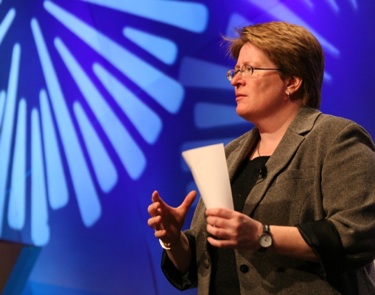
The next day, I emailed Chris and asked if she'd consent to be interviewed. I thought the week before DEMO '09 would be a good time (in the lull as we press and bloggers anxiously await the well-guarded list of who will be presenting at the event) to delve into the background behind this startling news announcement, and get Chris' own words on why and how it came about. She was kind enough to agree. I especially wanted to cover this story because a mini-firestorm had erupted in the blogosphere of conjecture and commentary on this news, and I felt a real need to clear the air. So, she and I conducted the following email exchange over the past couple of days. (Just as background, Chris is CEO and founder of her own analyst firm, Guidewire Group, and has been throughout her entire stint as DEMO's executive producer.)
 Tech~Surf~Blog: Chris, how hard a decision was this to make? Have you been considering it for some time? What made this the right time?
Tech~Surf~Blog: Chris, how hard a decision was this to make? Have you been considering it for some time? What made this the right time?
Chris Shipley: Neither I nor Guidewire Group took this step lightly. DEMO has been a big part of my career and a key client to Guidewire Group for a long time, and it's difficult to make a big change like this. At the same time, I've been able to accomplish many of the goals I've set for DEMO, and while there is still a long and rich future ahead of the DEMO brand, Guidewire Group poses new and bigger challenges, challenges that I find very exciting. Is there ever a "right time" to make a big change? I'm not sure, but I do know that Guidewire Group's focus — working with young companies as they face significant points of transition — couldn't be more needed than now. As we put our full attention on our clients, I believe we'll have plenty of opportunity to help companies through this tough economy.
Tech~Surf~Blog: What did you think of a certain Silicon Valley tech blog that shall remain nameless running a story saying that "DEMO is in trouble"? And what's been your take on the media interest in general that's resulted in your decision to pass the baton?
Chris Shipley: Honestly, I don't think much about it at all. DEMO isn't in trouble; it's a strong brand that continues to deliver value to its customers.
Your question implies that last summer's market noise drove my decision to step down from DEMO, which is not at all the case. I'm not leaving DEMO so much as I am going to a new and exciting opportunity.
You know, there's a lot of "Inside Baseball" in the blogosphere and in Silicon Valley. I've really never been a big participant in those conversations because I don't find them particularly relevant to what I'm trying to do: work with young companies to help them deliver great products to customers who value the relationship with that company. The vast majority of those customers don't care who launched what gossip about whom. They care about solving real problems effectively and cost-efficiently. So, it seems a much better use of my time to listen to the broader market rather than the echo chamber that the Valley can too often be.
Tech~Surf~Blog: How long have you known your designated successor, Matt Marshall of VentureBeat? How influential were you in his selection as your successor? DEMO has stated it plans to delve into "deeper topics." Will the fact that Matt has a Ph. D. in government mean the event will try to appeal more to policy wonks and academics? Or what does that portend for the brand, really?
Chris Shipley: I met Matt as he was founding VentureBeat in 2006, and immediately recognized him as a smart, ethical guy passionate about entrepreneurs and the venture ecosystem. When I finally made the decision to step down, IDG asked me to help identify my successor and I immediately thought of Matt. I approached him in the fall and worked closely with both VentureBeat and IDG to make the deal happen.
By "deeper topics," I think Matt's saying that the combination of the live event (DEMO) and the online media property (Venture Beat) creates the opportunity to continue a conversation across the two forums. The DEMO events cover only about six days a year. Now, with VentureBeat, DEMO can be a 365-days-a-year community, and that, fundamentally, will allow the conversation to dive deeper into themes and trends.
You know, I don't see Matt as a policy wonk or academician so much as I view him as a thoughtful, hard-working journalist. I think he'll bring that energy and integrity to the DEMO event, infuse it with his own style and interests, and ultimately make the event his own. That's what I hope for him, for DEMO, and for the DEMO community.
Tech~Surf~Blog: How much time will Matt devote to DEMO versus running his own company (which isn't even three years old yet)? How much time did you personally devote to DEMO versus running your own longstanding firm, Guidewire Group?
Chris Shipley: Ultimately, that's a question for Matt, so I'll leave it to him to answer. DEMO is, however, a big job and it is time consuming. Like every other entrepreneur, I had to get smart about how I spend the limited resource that is my time. I think I was able to do that reasonably well. Ultimately, though, I determined that the exciting and energizing work ahead for Guidewire Group is work I want to be dedicated to full time. And that's what drove the decision to step down from DEMO.
Tech~Surf~Blog: As DEMO's executive producer, it's no secret you travel a lot, worldwide, to meet one-on-one with startups. Did this demanding travel schedule have anything to do with your decision? Or did other aspects of doing the same thing for 13 years enter in?
Chris Shipley: I love the travel because I love meeting entrepreneurs in their business environments, no matter if it's an office in Mountain View or one in Taipei or Madrid or Adelaide. It's critical, I think, to understanding local market constraints and opportunities. And it puts Silicon Valley in appropriate perspective. Guidewire Group has international reach and international clients. It is, in no small part, what differentiates us from other analyst firms. So, I don't think the travel demands are going to change very much, and I'm not sure that I'd want them to.
The subtext of the question, really, is "what drove you from DEMO?" It seems people want the "real story" behind my departure. The true and remarkably non-salacious answer is "nothing." DEMO is a great property. It is a tremendous platform. And it has been an honor to oversee this event and work with so many passionate entrepreneurs over the last 13 years. DEMO never got boring, and I am not tired of DEMO, or run down by the travel, or discouraged by competitive or even economic pressure.
I'm not leaving DEMO so much as I am going to a great new challenge: building Guidewire Group into a world-class analyst and advisory firm, focused on early-stage companies that, at times of transition and critical decision, need a fresh perspective to help form and validate their strategies and positions. Working intensely to help startups succeed. What could be more fun than that?
Tech~Surf~Blog: What's your take on the health of the technology startup mindset? Has it changed with the recession, now increasingly a worldwide one? Have you observed differences, now or over the years, between U.S. entrepreneurs and those in other countries? Is there a reason more non-U.S. startups seem to be increasingly pitching at DEMO conferences?
Chris Shipley: Are you testing my ability to parse a multi-part question? 😉 This is, without question, the deepest recession in the technology market I've experienced in the 25 years I've been covering the industry. It is affecting every company, not just one over-inflated sector, and it is global in scale. Without question, the recession will cull the flock. Companies that lack the resources, leadership, and vision to manage through this crisis will go away. And those that are just a little bit smarter, a little bit faster, a little bit more courageous will win the day. That's true whether they are in Silicon Valley, the United States, or in any other part of the world.
I used to see a pretty big capabilities gap between U.S. and non-U.S. technology entrepreneurs. That gap has closed pretty dramatically. While there are still many cultural and business structural differences that separate U.S. and foreign entrepreneurs, I think I could argue successfully that the barriers that non-U.S. entrepreneurs face are exactly the conquests that make them smarter, more adaptable, and ultimately more successful companies. Think of it: it's relatively (and I stress "relatively") easy to create a business in an environment that offers all the support and infrastructure an entrepreneur could need. It's a whole lot harder to do that same work without the support systems. So a company that is successful without the support is, arguably, going to be very successful when given the full comfort and care of a nurturing environment like Silicon Valley, even if it is also more competitive.
We consciously went looking for non-U.S. companies to bring to DEMO for exactly that reason. This is a global market. Competition can come from anywhere. Great new ideas aren't bound to Silicon Valley. I've tried to reflect that in the DEMO lineup.
Tech~Surf~Blog: Please tell us about Guidewire Group. How many employees do you have? Who are your clients? What is your mission? And what if anything will change about Guidewire Group now that you've stated it will become 100% of your focus, once you transition fully from your role at DEMO after the fall 2009 event?
Chris Shipley: Guidewire Group is a global analyst firm that works with early-stage companies to effectively build and execute their business strategies. We've identified opportunity in working with young companies at key transition points, to develop and deliver business strategy, monetization plans, and market validation. Through custom projects, retained analyst services, events such as Innovate!Europe, and Guidewire Studio, our exclusive in-residence program, we're doing the work we love most — helping startups thrive.
We work with a range of clients, both startups and large companies that want to build their relationships with early-stage companies.
We are a small team today, although I suspect that will change a bit over the next year. We have so many ideas that we want to pursue, and with full focus, time, and passion, I know we'll be able to bring the best of those ideas to life for the benefit of our clients and community.
Tech~Surf~Blog: Many thanks for taking the time, Chris. Best of luck in the next, exciting chapter of your career. And I'll see you at DEMO '09 in Palm Desert. I'm so looking forward to that opening reception Sunday night…
Chris Shipley: Thanks, Graeme. I really do appreciate your support. See you in a couple of days.
Photo credits: 1) DEMO PR photo, 2) my own photo as I left DEMO '08, January 30, 2008.
[If you enjoyed this post, please consider leaving a comment or
subscribing to have future articles delivered to your feed
reader or email inbox.]

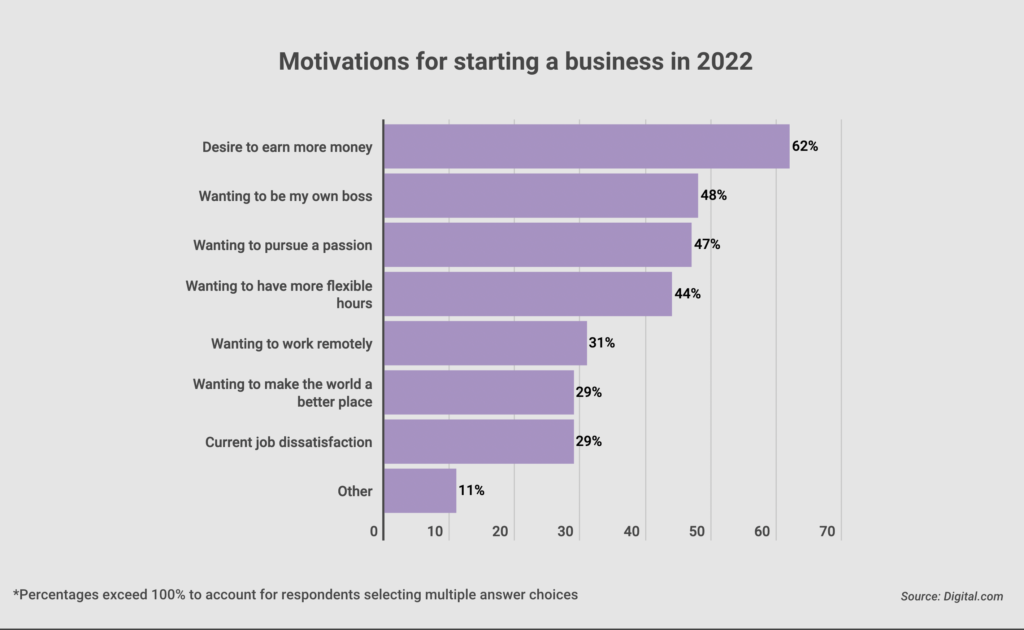

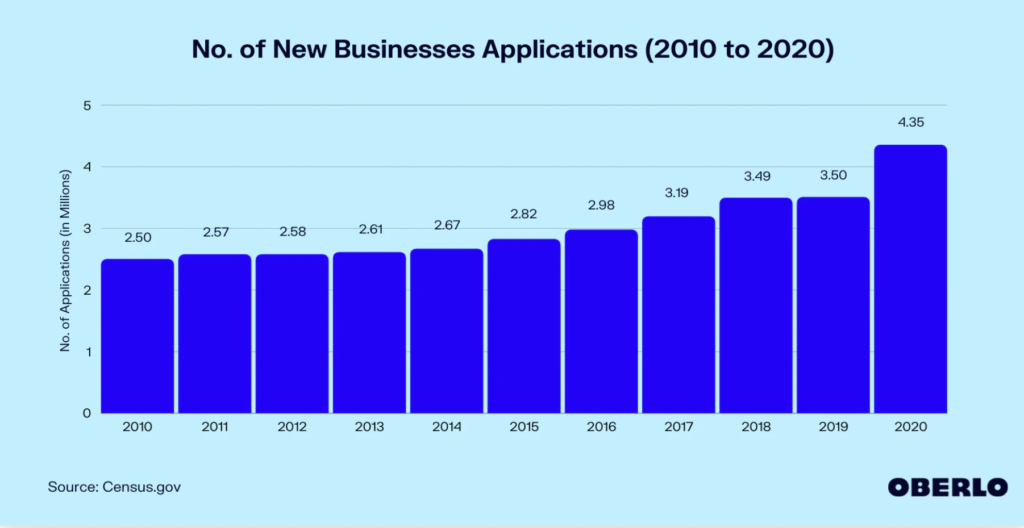
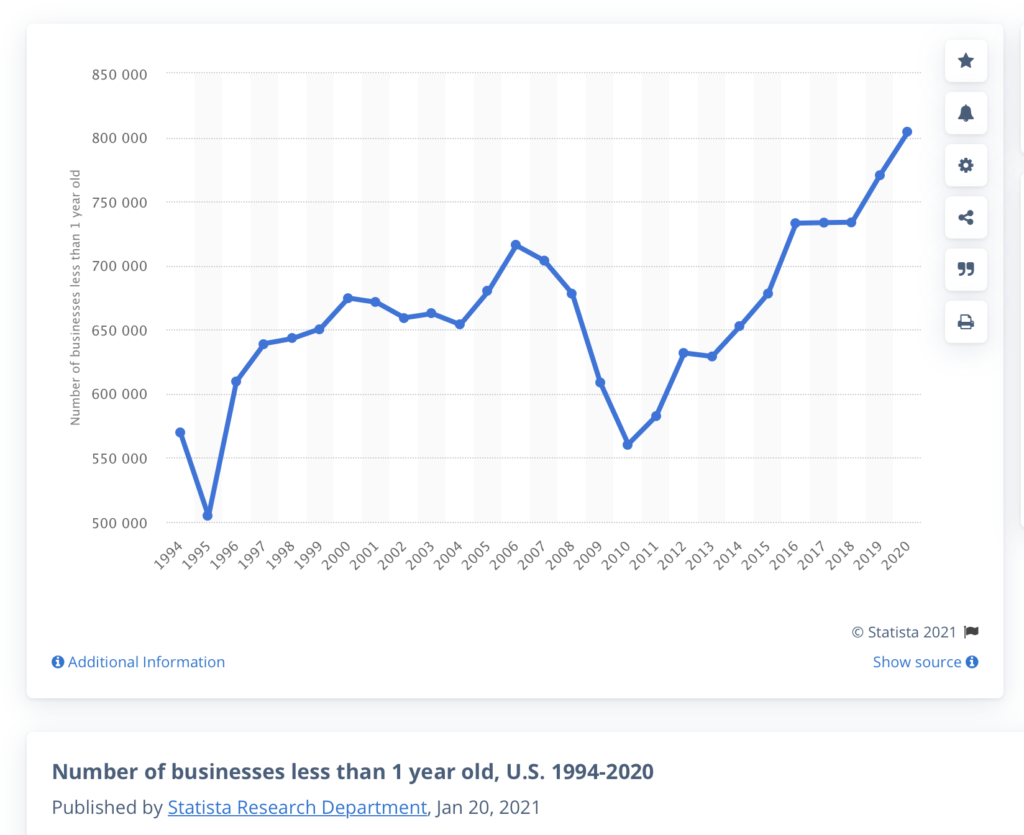
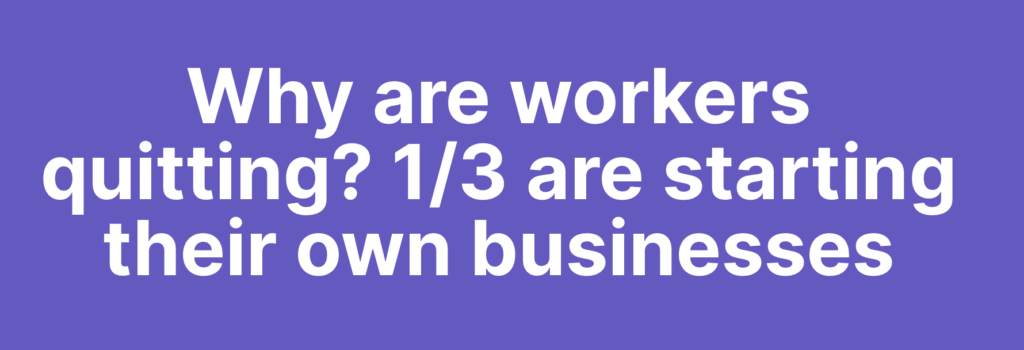






Recent Comments